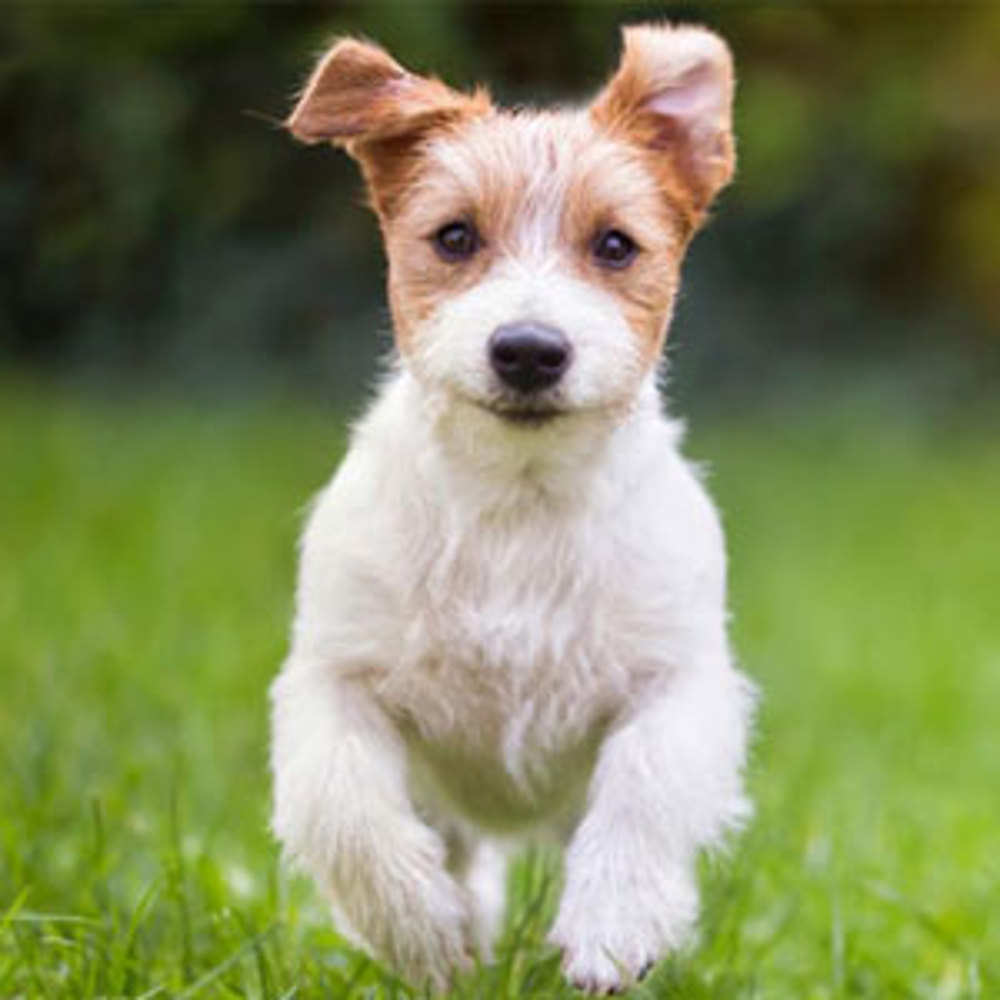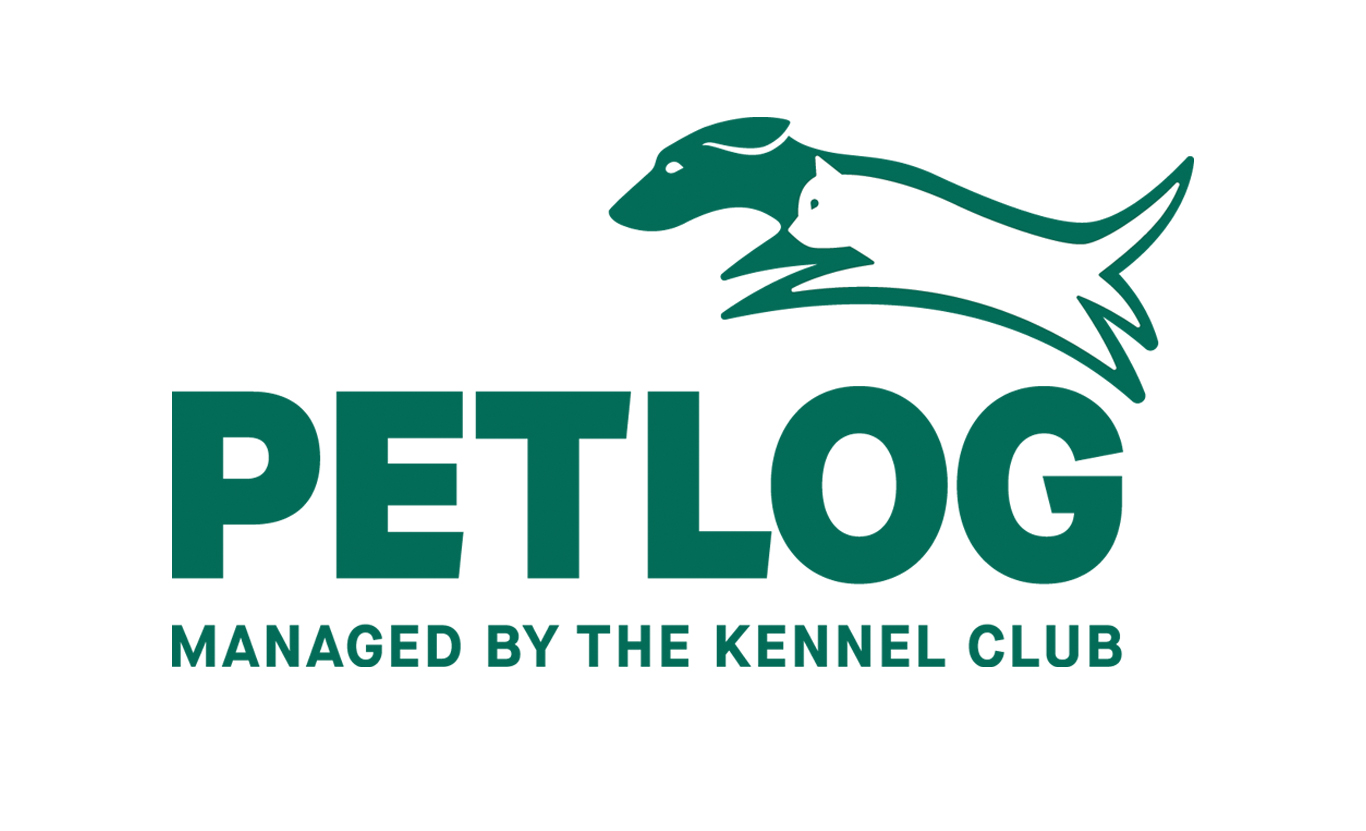
Indulging in chocolate is all part of the Easter fun. Whether it’s Easter eggs, mini eggs or chocolate Easter nests, they all help to satisfy that chocolate craving. Unfortunately, chocolate isn’t such a great treat for pets as it’s actually dangerous for many of them. It’s not just chocolates, other seasonal items like hot cross buns and flowering bulbs and plants can also be harmful.
A summary of Easter dangers:
These foods and flowers, common around Easter, can be harmful to some pets:
- Chocolate Easter eggs
- Hot cross buns and Easter Simnel cake
- Certain spring flowers, such as daffodils, tulips and spring crocus
- Fatty or salty food from your Easter Sunday roast
Keep an extra close eye on your pet around Easter to make sure they don’t get their paws on foods that can be dangerous to them.
Chocolate
Around this time of year chocolate poisoning is common, especially with the presence of all the Easter eggs that begin to gather in your home. The chemical theobromine in chocolate is the culprit for making this sweet treat poisonous to most animals, including, cats, dogs, rabbits and rodents. Typically, the darker and more expensive the chocolate, the more theobromine it contains. So dark chocolate, which is rich in theobromine, is likely to be more toxic than white chocolate, which contains very little.
Find out more about chocolate poisoning on The Kennel Club website.
Hints and tips for keeping your pet safe from chocolate
During the Easter period, keep all your chocolate out of reach from any pets.
- Keep your pets away from Easter egg hunts. Make sure to check that all eggs have been found
- Keep chocolate out of paws reach when it’s not being eaten
- When you’re eating chocolate, don’t let your pets get to it, no matter how persistent they are to have some
- If you have children, let them know how dangerous chocolate could be to their pet and to keep it out of reach
Foil wrapping around chocolate is not poisonous, but it still poses some danger to your pets, as it can cause an obstruction if eaten. This may require surgical intervention. If you suspect your pet has an obstruction, look out for the following signs:
- Vomiting
- Lethargy
- Your pet being off their food
- Not going for a poo or finding it difficult to have a poo
Hot cross buns and Easter Simnel cake
Many human foods are toxic to some pets (especially dogs and possibly cats) including, grapes, raisins, currants and sultanas. Dried forms of these fruits are believed to be more toxic than grapes. This means hot cross buns and Simnel cake should be kept clear from your pets.
How many raisins or sultanas are toxic to pets?
It’s unknown why these fruits are toxic to pets, or how much is poisonous. Some pets may eat very small amounts and become ill, whereas others have eaten quite a large amount and had no effects.
Signs to watch out for raisin or sultana poisoning
In addition to vomiting and diarrhoea, kidney failure can occur from eating these fruits. This can be delayed for 24 – 72 hours at times. Signs of kidney failure include, decreased urination, increased thirst or your pet may also appear dull. Getting quick treatment is important. No matter the amount they consume, you should contact your vet immediately.
My pet ate a hot cross bun / Simnel cake - what should I do?
You should call your vet immediately. Even a small amount of grapes, including the dried version of them (raisins, sultanas or currants), can be harmful to some pets. Your vet may ask you to bring your pet to the practice, but don’t make your pet sick as this could make matters worse.
My pet ate raisins / sultanas a while ago, but is fine - what should I do?
These potentially toxic fruits can have delayed reactions by several days. Even if your pet seems okay, it’s best to speak to your vet for advice.
Spring bulbs
Incidents of poisoning from spring bulbs usually happen when they are eaten by pets around the time they are planted (autumn) or when they flower (spring).
Daffodils
The effects of daffodil poisoning include vomiting, an upset stomach and dribbling. This can escalate to pets appearing sleepy, wobbly on their feet or collapsing. More serious cases cause pets to have a decrease in blood pressure and body temperature and changes to their heart rate. If the flowers are eaten, or water is drunk from a vase containing the flowers, this can also cause your pet to become unwell.
Tulips
The toxins in this plant lead to irritation in the mouth and gastrointestinal tract which results in drooling, vomiting and diarrhoea. In serious cases (which are rare) the effects could include heart problems and breathing difficulties.
Spring crocus
This spring flower is said to be of low toxicity, which means that if eaten, it may only cause a mild stomach upset. These bulbs shouldn’t be confused with autumn crocus which flower in autumn but can cause severe stomach upset, kidney and liver problems and bone marrow depression.
Easter lilies
Easter lilies and any true lilies are very poisonous to cats. All parts of the plant are highly toxic to cats, including the pollen. Cats may initially have vomiting and diarrhoea, but can then begin to develop kidney failure after one to two days. If you have cats then it’s best not to keep lilies in the house. If your cat does eat, lick or rub themselves against a lily then contact your vet immediately.
Thinking of giving your dog or cat some of your roast dinner?
It’s understandable to want to share some of your Easter Sunday meal with your pet but is this okay and if not, is there a safe way to do it?
Some foods in a roast dinner are toxic to pets as they are too fatty or salty. The last thing you want is for your pet to become unwell or need a visit to the vet as a result of a treat you give them.
Find some hints and tips on how to treat your dog safely at Easter:
- Check our list of foods that are poisonous to dogs
- Only give your pet a small amount of food, even if it’s considered ‘safe’. Unfamiliar foods can still cause an upset stomach or excessive and uncomfortable wind
- If you do give your pet any treats, reduce their meal so you can balance the calories
- Even if you are giving your pets regular pet food, or treats, don’t give them too much. Large amounts of food can be dangerous, especially if you exercise them a couple of hours after feeding.
What to do if you think your pet has eaten something it shouldn't have
Speak to your vet straight away if you think your pet has eaten, inhaled or touched something it shouldn’t have.
Do not try to make your pet sick as it can cause other complications.
Things to tell your vet
You can help your vet make an informed decision as to whether your pet needs treatment by them and what the best treatment would be. You should provide the following information where possible:
- The poison you think your dog has been exposed to (e.g. chocolate or ibuprofen etc). Make sure to give product names or lists of ingredients if relevant
- How much they were exposed to (e.g. 500mg, 500ml, one tablet etc., even approximations may help)
- How long its been since your pet was exposed to the poison (i.e. 5 minutes, 5 hours or 5 days ago)
- If your pet has been feeling unwell since being exposed and what clinical effects they’ve seen
A vet can care for a poisoned pet much easier when it receives early treatment. If you are in any doubt, don’t wait for your pet to start feeling unwell before calling for advice.
How to use this information
The information provided is intended to prevent poisoning by raising awareness of possible poisons, rather than a guide to be used in an emergency. If you believe your pet has been poisoned, or it has come into contact with something that is potentially poisonous to them, contact your local vet as soon as possible.
Find out more
If you found this article useful, here are a number of related articles that may be helpful or interesting to you:
Think your pet may be affected
Contact your vet immediately if you are worried about the health of your pet.
We're not a veterinary organisation so we can't give veterinary advice. If you're worried about any of the issues mentioned in this article, please contact your local vet practice for more information.
Find a vet near you
If you're looking for a vet practice near you, why not visit the Royal College of Veterinary Surgeons' find a vet page.
